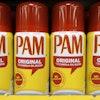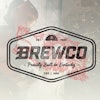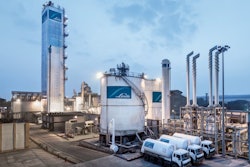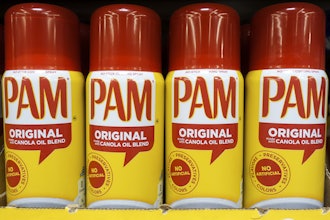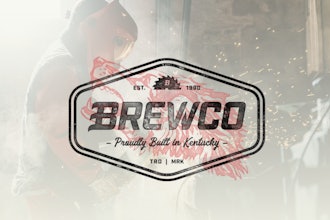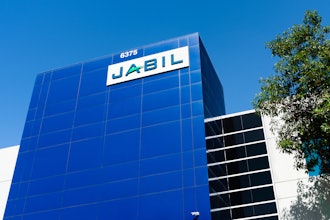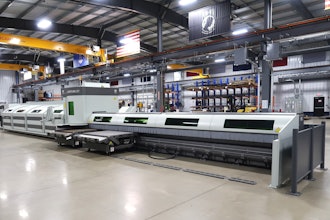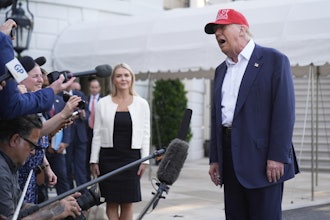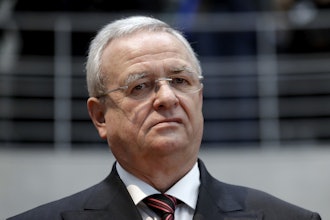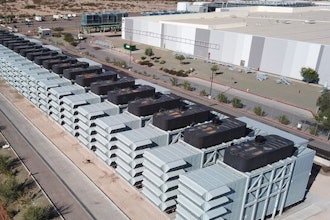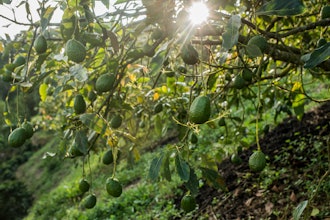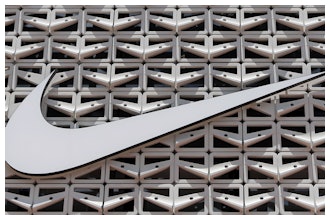The self-proclaimed “Nespresso for cocktails,” the Somabar makes your favorite drinks in the comfort of your own home.
Frustrated over how long it took to get a cocktail at a bar — and the difficulty of making one at home — the team behind the robotic bartender began researching the technology after experiencing automated beer dispensing in Tokyo three years ago.
“We found that there was literally nothing created for the home market that automated the process of cocktail creation, so we got to work,” says Dylan Purcell-Lowe, Somabar CEO. “A few very expensive and larger automated bartenders are out there for the bar and restaurant market, but there is nothing like this for the home market.”
The Somabar App provides drink recommendations based on your preferences, controls the strength of the drinks, and tracks ingredient inventory. All Images via Somabar.
While a similar robotic bartender, Monsieur, was successfully funded on Kickstarter in November 2013, its price started $1,499, compared to Somabar’s initial price point (for Kickstarter backers) of $399.
“With 18% of the population consuming spirits on a regular basis and more people switching from higher caloric alcoholic beverages like beer and wine, we think this is a great product for the future of the small appliance market,” adds Purcell-Lowe.
The team spent three years prototyping and have successfully created a fully-functional, patent-pending app and machine.
The biggest engineering challenge was creating a cost-feasible solution for mixing the ingredients in addition to developing an internal rinse cycle to avoid ingredient cross-contamination during operation, as well as the small component packaging.
Somabar’s proprietary static mixing technology ensures each cocktail is thoroughly mixed before it is dispensed.
“We had help from our friends at Solid Concepts and Hollywood 3D Printing with all 3D printing and CNC prototyping,” explains Purcell-Lowe. “We used conventional Java and Objective-C languages to develop the Somabar app.”
The company also created proprietary firmware to manage control and operation of mechanical devices within the machine, in addition to customer communication protocols to integrate the hardware with Android and iOS platforms.
The Somabar has four basic steps: 1) Users download the app 2) Connect the machine to their Wi-Fi 3) Fill the Soma Pods with their favorite ingredients 4) Order a drink with their smartphone.
The Soma Pods are portable, air-sealed liquid containers that allow users to quickly change the machine’s ingredients.
Purcell-Lowe hopes to license the Pods to various beverage companies. “Much like many companies package their own K-Cups, we intend for liquor companies to package their own Soma Pods,” he says.
The team is excited to contribute to the new smart appliances movement; however, as with any new idea, they are nervous about how people will see the device fitting in with their lives.
After successfully raising more than $312,000 on Kickstarter, Somabar is currently taking preorders at www.somabarkickstarter.com.


